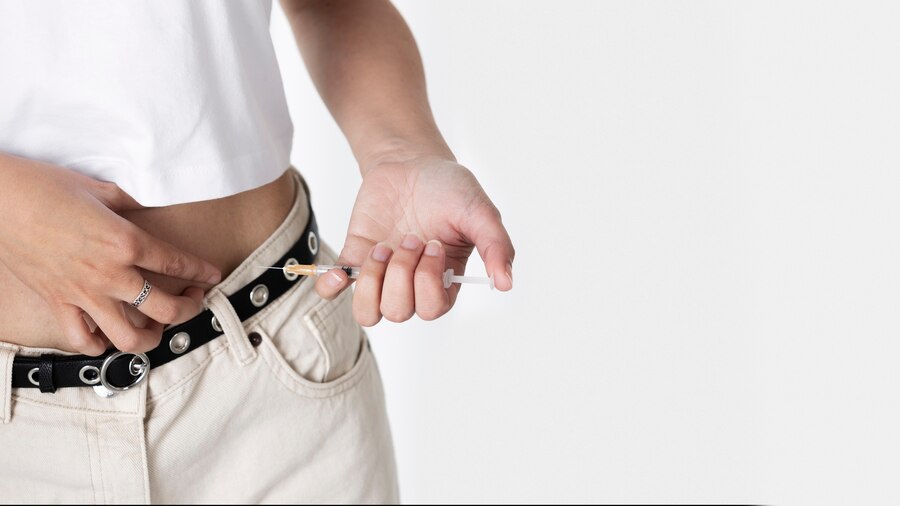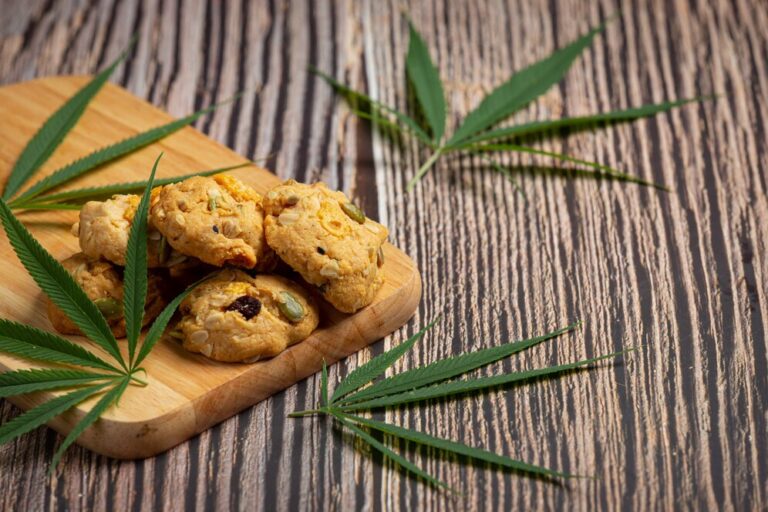Research on CBD and Insulin Resistance
Table of Contents
As the prevalence of insulin resistance and type 2 diabetes continues to rise globally, scientists and health-conscious individuals alike are exploring natural and alternative ways to support metabolic health. One compound that has gained significant attention is CBD (cannabidiol) — a non-psychoactive compound found in hemp and cannabis plants.
While much is still being uncovered, emerging research on CBD and insulin resistance suggests that cbd roll on for pain may offer benefits by influencing key biological processes involved in glucose metabolism, inflammation, and fat storage. This blog dives into the current science, potential benefits, and how CBD may support those battling insulin resistance.
What Is Insulin Resistance?

Insulin resistance occurs when the body’s cells stop responding effectively to insulin, a hormone responsible for moving glucose from the bloodstream into cells for energy. When this resistance develops, glucose builds up in the blood, leading to elevated blood sugar levels. Over time, this can result in type 2 diabetes, obesity, cardiovascular disease, and other serious health issues.
Some key factors that contribute to insulin resistance include:
- Poor diet and lack of exercise
- Chronic inflammation
- High levels of stress
- Excess body fat, particularly around the abdomen
The Endocannabinoid System and Metabolism
To understand the link between CBD and insulin resistance, we need to explore the endocannabinoid system (ECS) — a biological system that regulates metabolism, appetite, immune response, and energy balance.
The ECS consists of receptors (CB1 and CB2), endocannabinoids, and enzymes. It plays a vital role in:
- Regulating glucose uptake
- Modulating inflammation
- Controlling fat storage and energy expenditure
Overactivation of CB1 receptors, especially in fat tissue, has been linked to insulin resistance and obesity. Interestingly, CBD indirectly affects these receptors, helping to restore balance without causing the “high” associated with THC.
Current Research on CBD and Insulin Resistance

Although human trials are still limited, animal studies and preclinical research have shown promising results in understanding how CBD may influence insulin sensitivity and overall metabolic function.
🔬 1. Anti-Inflammatory Effects
Chronic inflammation is a major contributor to insulin resistance. CBD’s powerful anti-inflammatory properties may reduce systemic inflammation and improve how cells respond to insulin.
🔬 2. Improved Lipid Profiles and Fat Browning
Studies suggest CBD may help with fat browning — the process of turning unhealthy white fat into calorie-burning brown fat. This transformation supports weight loss and improves metabolic function.
🔬 3. Reduced Oxidative Stress
CBD acts as an antioxidant, helping to neutralize free radicals that damage cells and contribute to insulin resistance.
🔬 4. Impact on Glucose Uptake
In a study published in the American Journal of Pathology, researchers observed that CBD reduced inflammation in the pancreas, a key organ involved in insulin production.
🔬 5. Potential Appetite Regulation
CBD may indirectly support healthier eating habits by influencing hormones related to appetite and satiety, which is beneficial for managing body weight — a critical factor in reversing insulin resistance.
How to Use CBD for Insulin Resistance Support
If you’re considering trying CBD for insulin resistance, here are some effective methods:
✅ CBD Oil or Tinctures
These allow for quick absorption under the tongue and offer flexible dosing — ideal for systemic benefits like inflammation reduction.
✅ CBD Capsules
Great for consistent dosing and long-lasting effects. Perfect for daily supplementation.
✅ Edibles or Gummies
Choose sugar-free options to avoid blood sugar spikes while still enjoying a tasty way to take your CBD.
✅ Topical CBD
While not directly influencing insulin resistance, topicals may relieve symptoms of diabetic neuropathy or joint pain.
✅ Broad or Full-Spectrum CBD
Opt for high-quality products with minimal THC (under 0.3%) and full cannabinoid synergy for enhanced benefits.
Precautions and Safety Considerations
CBD is generally well-tolerated, but if you have diabetes or insulin resistance, be cautious:
- Consult your doctor before starting, especially if you’re on medications like metformin or insulin.
- Start with a low dose and gradually increase while monitoring your response.
- Look for third-party tested products to ensure purity and potency.
- Avoid products with added sugars, especially edibles.
5 Frequently Asked Questions (FAQs)

1. Can CBD cure insulin resistance?
No, CBD is not a cure, but it may help manage contributing factors like inflammation, oxidative stress, and weight issues.
2. How long does it take to see results from CBD?
This varies by individual. Some may feel effects within days, while others may require weeks of consistent use.
3. Is CBD safe for people with prediabetes?
Yes, in general. However, consult a healthcare provider before starting any new supplement regimen.
4. What’s the best CBD form for insulin resistance?
CBD oils and capsules are often the best for systemic effects. Choose one based on your lifestyle and dosing preferences.
5. Does CBD affect blood sugar directly?
There is no solid evidence that CBD directly lowers blood sugar, but it may support healthier metabolic function over time.
Final Thoughts
The connection between CBD and insulin resistance is an exciting and rapidly growing area of research. While more human studies are needed, early evidence and anecdotal reports suggest that CBD may provide real support by addressing inflammation, oxidative stress, and metabolic imbalance.
If you’re exploring natural ways to manage insulin resistance or prediabetes, CBD could be a helpful supplement when paired with a healthy diet, regular exercise, and medical supervision. As always, quality matters — so choose trusted CBD brands, monitor your progress, and consult your healthcare provider for personalized advice.







